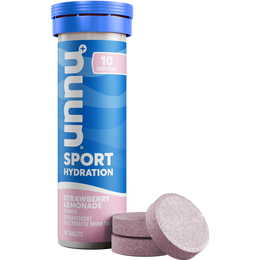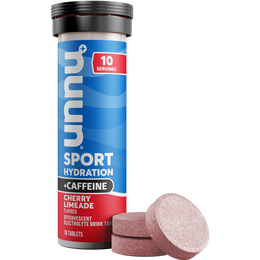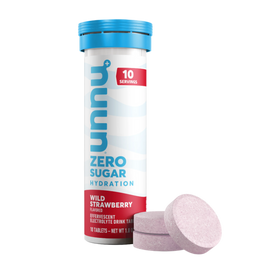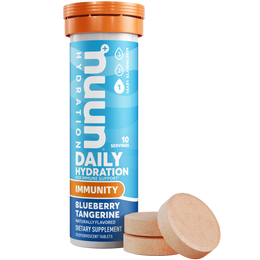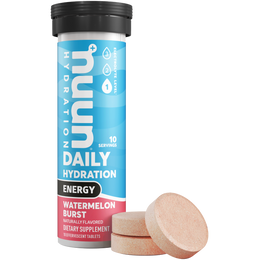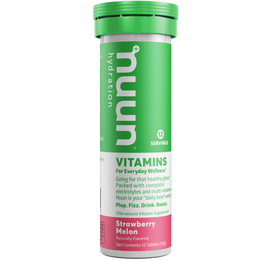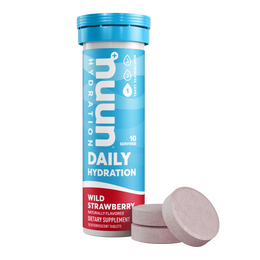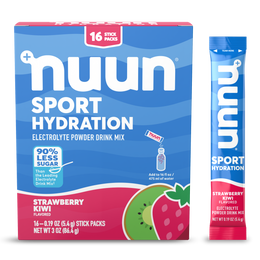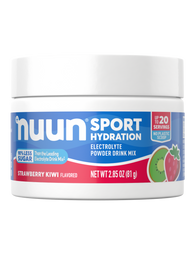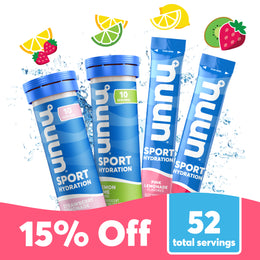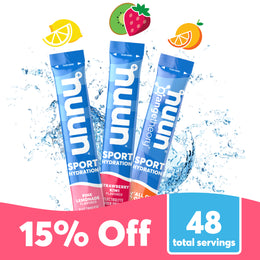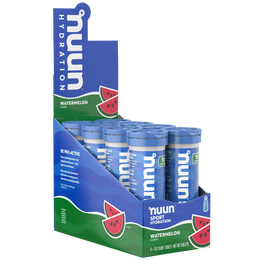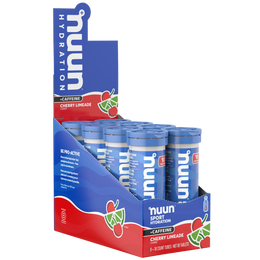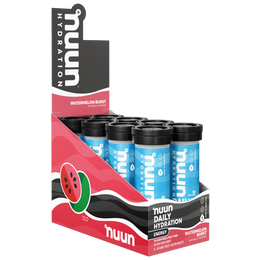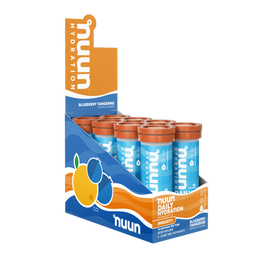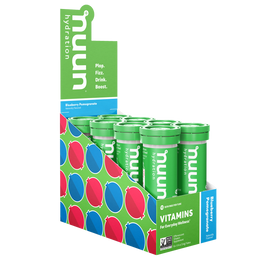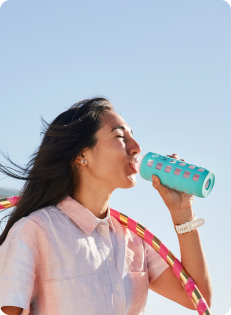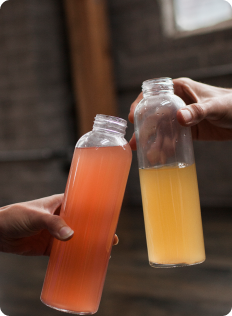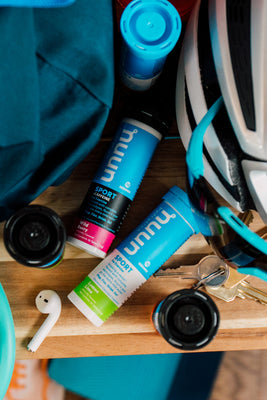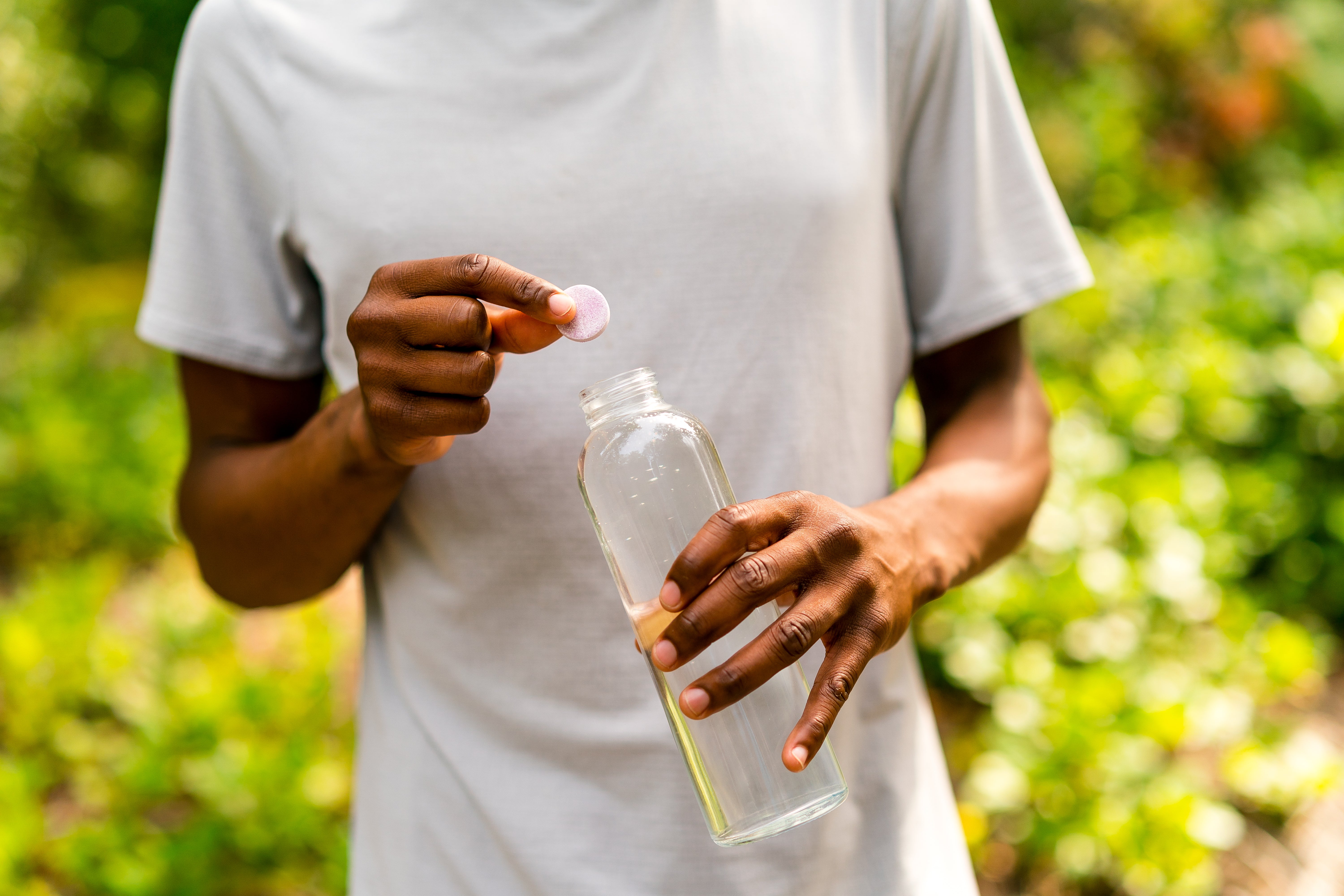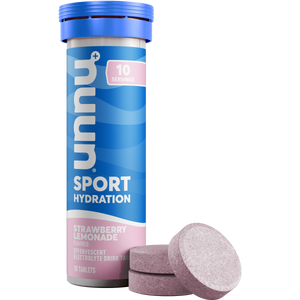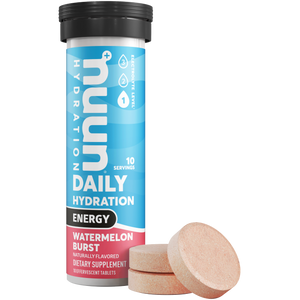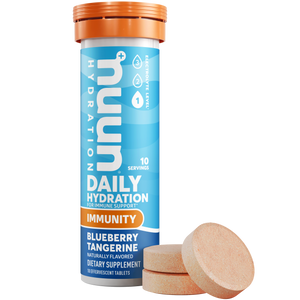Fueling for Marathon Success

By: Vishal Patel,
Chief Nutritionist
Many runners who have experienced training and racing a marathon know that fueling can either make or break your performance. There are certain physiological demands that the body must maintain in order to even run a marathon. The weeks (and months) leading up to a marathon, the athlete should be practicing both their hydration and fueling tactics to help them exceed not only in their training but when race arrives as well. What this does is train your stomach to handle an intake of fluids and carbohydrates, while exercising at a higher intensity. This is absolutely the most crucial aspect to marathon nutrition -- train your stomach.
The average runner will burn roughly 3,200 calories during a marathon. Now, that doesn't necessarily mean you need to replace that exact amount of calories. What runner’s need to understand is that when properly fueled, your muscle and liver will supply about ½ of calories (from carbohydrates) that your body will need to compete at a high level for an extended period of time. Below are some tips that will help you fuel for your next marathon.
- The week leading up the marathon, make sure you’re staying well hydrated – monitor your urine color (aim for pale yellow)
- If you’re hungry, eat!
- Night before:
+eat familiar foods (stick with the pre-long run meal you’ve trained you stomach to handle over the past several weeks)
+hydrate, hydrate, hydrate w/ electrolytes! - Morning of:
+2-3 hours prior to the race, eat a carbohydrate-rich meal - aim for 1-4 grams (g) carbohydrate per kilogram (kg) body weight.
+avoid foods that are high in protein, fat and fiber
+consume 16-24 fl oz of a sport drink at least 1 hour prior to the race
+sip on sport drink leading up the start, taking in a gel or a couple of energy chews is okay as well - During the race:
+aim to consume ~16-24 fl oz (of a sport drink such as Nuun) per hour.
+ideally consume 30-60 g of carbohydrates during exercise exceeding 3 hours.
+wash down any energy gel, chews, or bars with water.
What's your race-day strategy?
